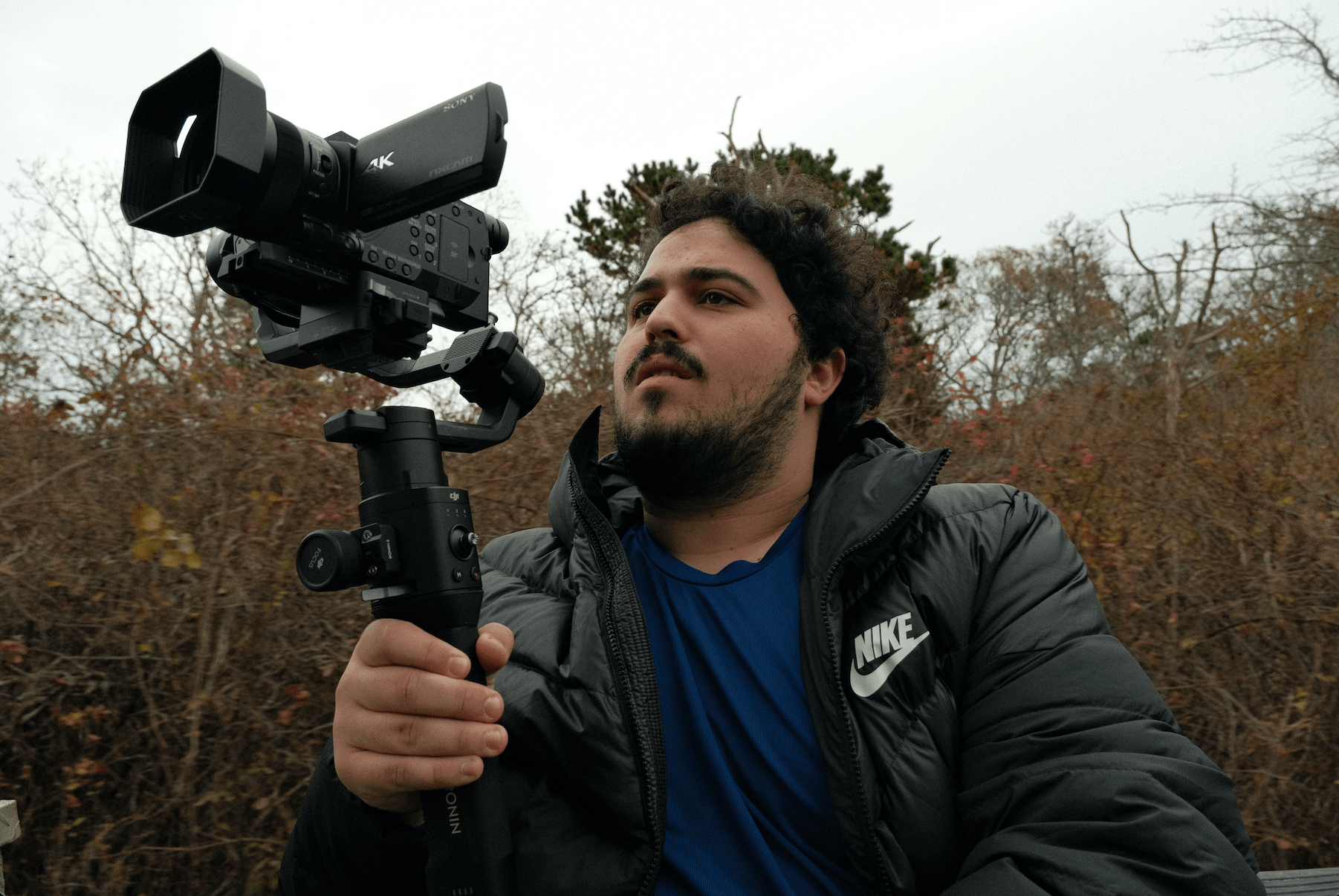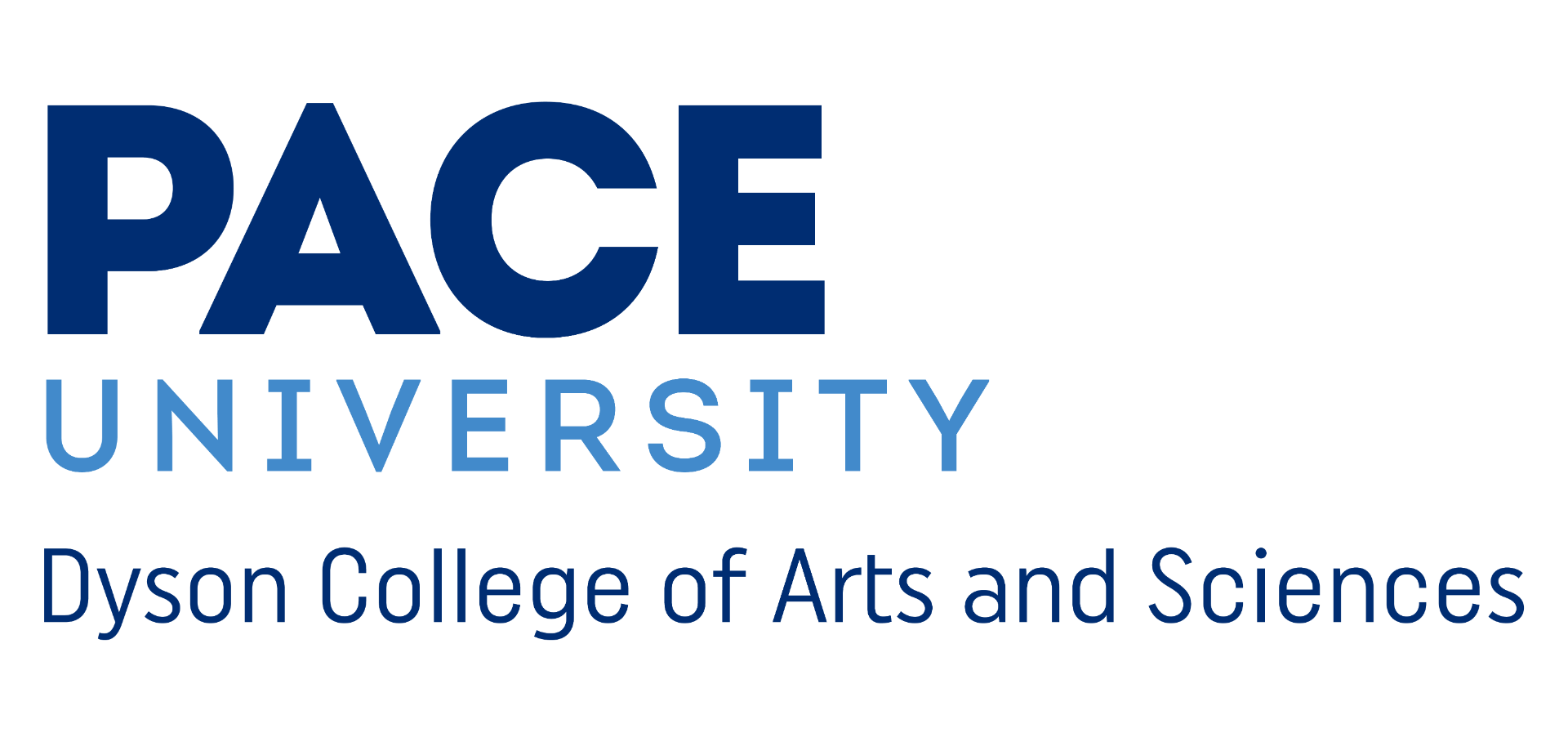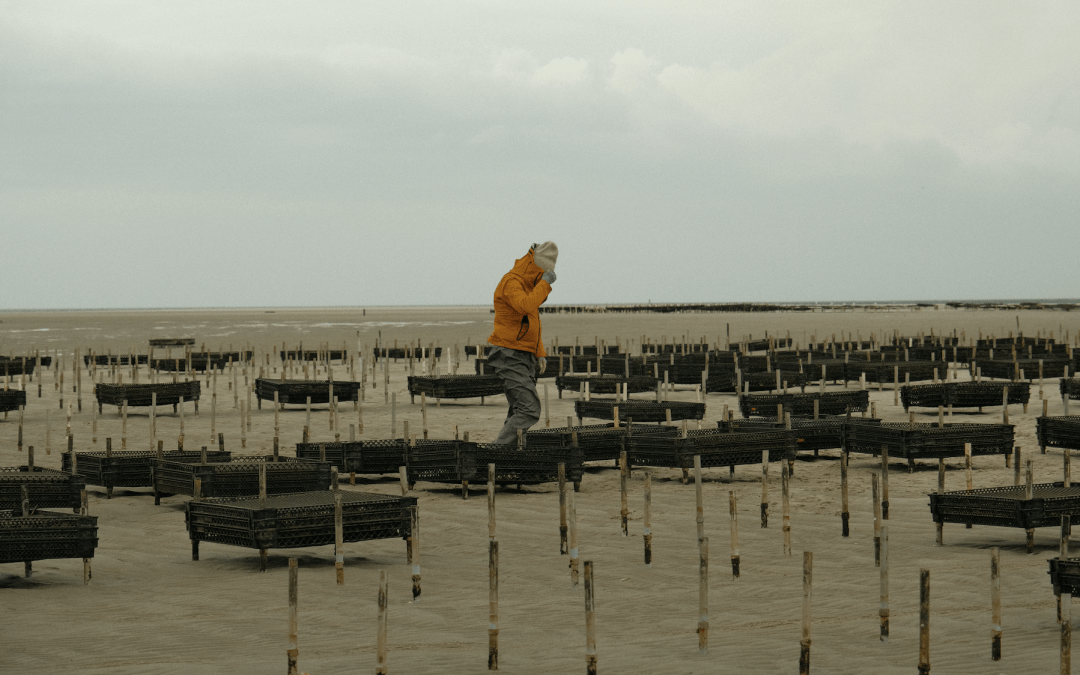January 25, 2022
This week’s post was written by Caroline O’Kane.
Tuesday evening marked the official kick-off of pre-production for the spring semester’s documentary course centering around oysters– the bees of the sea. Tide to Table, the working title, has brought undergraduate and graduate students together to dig along the murky shorelines of the East Coast for a story of the saltwater mollusks with extraordinary powers to effect change in our oceans.
A single adult oyster can filter up to 50 gallons of water a day– about as much water as you use in a 10-minute shower. In addition to environmental clean-up, oyster reefs foster biodiversity and form natural storm barriers along coastlines. Such benefits have depicted oyster projects as ‘no-brainers’ in cities like New York and Baltimore, where the Billion Oyster Project and the Oyster Garden Installation by Domino Sugar have launched, respectively.
Oysters are also commercially important. The influence of the Wellfleet (Massachusetts) variety encompasses social economics, gastronomy, and restaurants all over the world. Our documentary will set out to show you why.
In our initial team meeting, we identified the tech experts, writers, social media gurus, and drone pilots among us. Areas of research were divided by regions along the East Coast: Massachusetts (Wellfleet, Dennis, Barnstable), New York, and Connecticut. Role assignments were intended to highlight the individual strengths of our team members, while partners were also assigned to bring additional perspectives to a single area of research.
Oysters are neither raised nor harvested without resilience. Working on a production team in 2022 means expecting the unexpected! With the lingering Covid-19 pandemic, no one knows what is in store for the coming months regarding new variants, distancing measures, or booster durability. It is unlikely that all crew members will ever be together in the same location at the same time. Therefore, it is critical that we take proactive measures to secure the remote accessibility of our project.
While it may not be as much fun as sharing stories of oyster police or clam cops (stay tuned!), it is equally important to discuss organization in a remote setting. Professor Lou Guarneri introduced us to the best methods of backing up all footage on multiple platforms, utilizing shared channels and drives, file naming conventions, and appropriate use of transcription software. With these guidelines in place, it is with great pride that we can announce our project is officially underway!
Aw shucks! You’re interested in contributing to our film? Along with origin stories, historical context, and cultural anecdotes, we are actively seeking oyster farmers, restaurant owners, chefs, or lifelong residents of shore towns who may be interested in sharing their unique stories or experiences.

If you know someone who may be a good fit, please pass along their information to a member of our team for comment. Be sure to follow @PaceDocs on Twitter, Instagram, and Facebook to watch our project develop!

